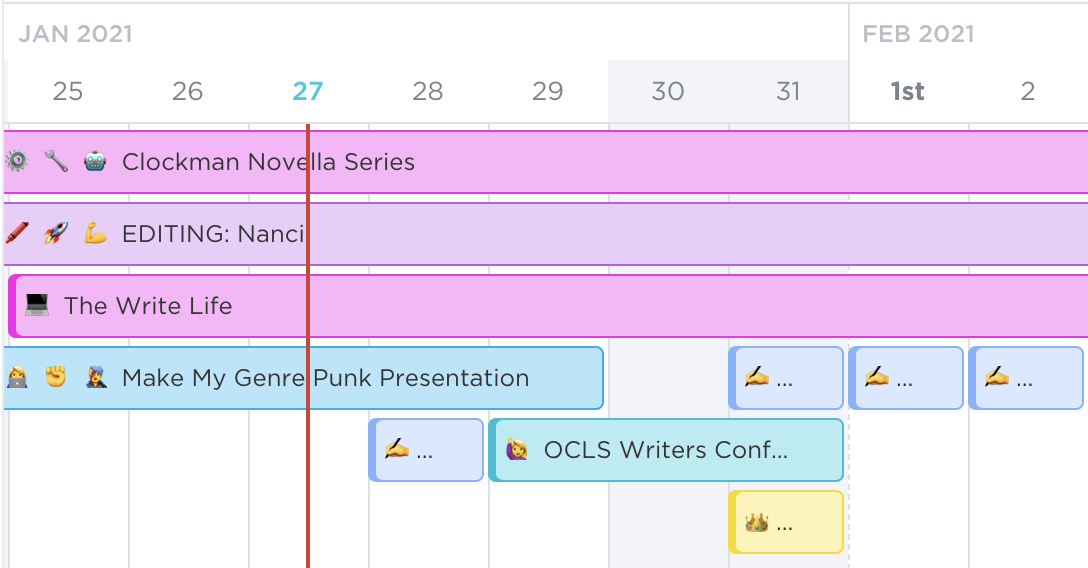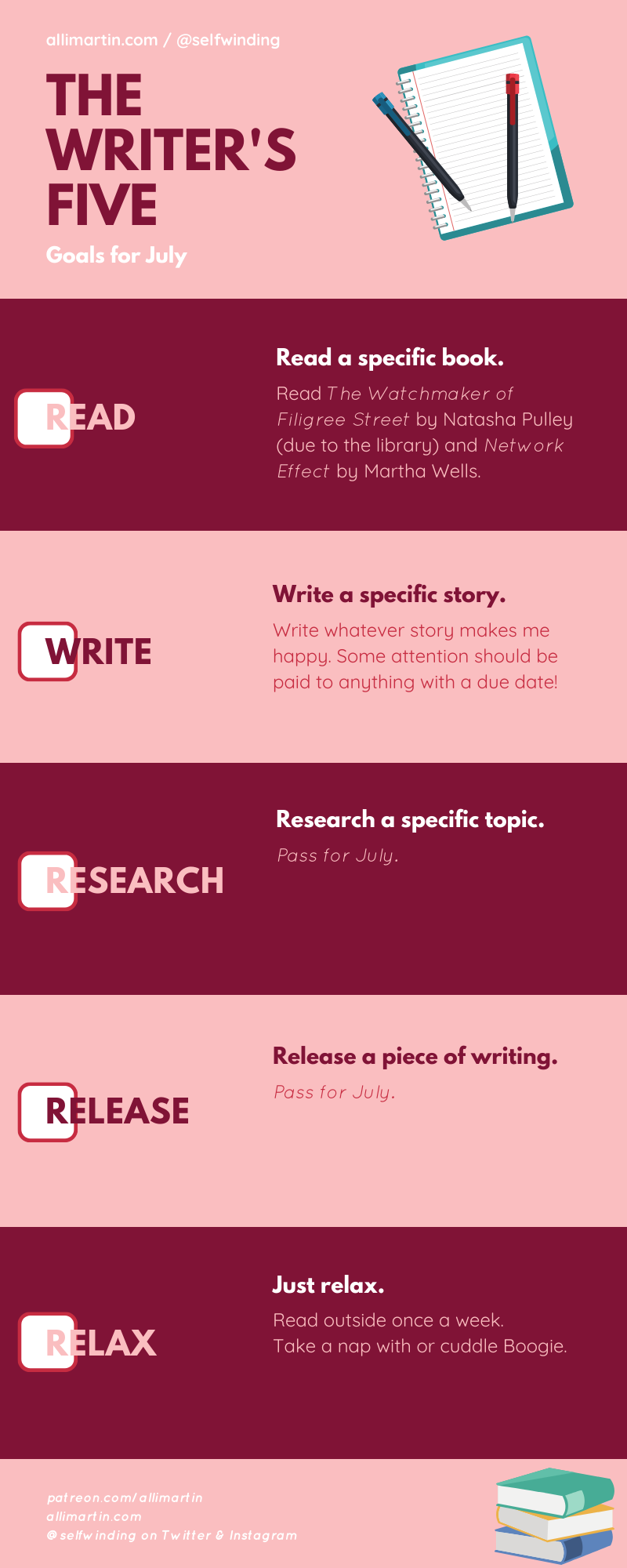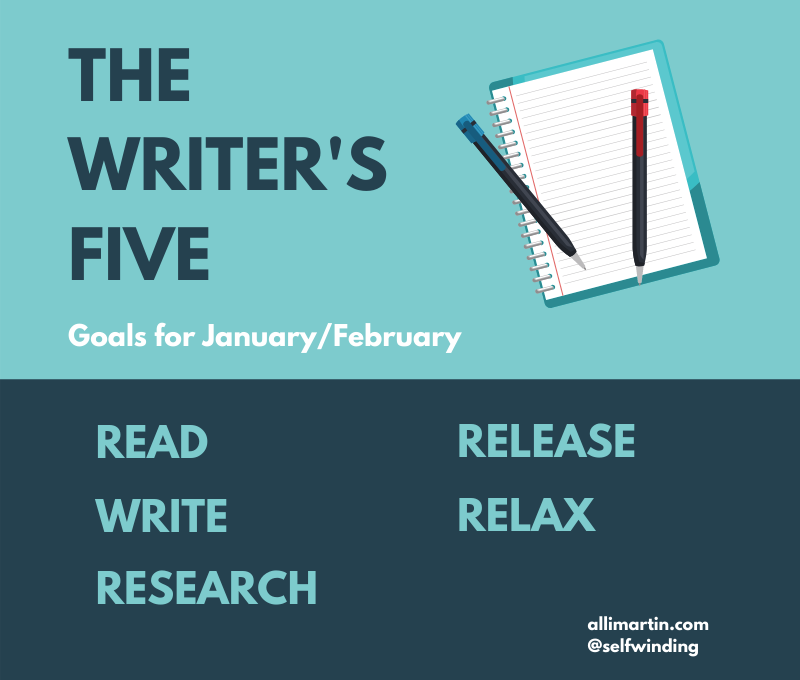Much of the writing life is about acceptance. We have to accept rejections and passes on our work. We also get to accept publications and contracts! We have to accept our physical and skill limitations. We also have to accept admiration and gratitude. But the thing I unfortunately have to accept right now is that my writing life is not going as planned and therefore, it is time for accepting defeat.
This defeat isn’t about giving up, though. This defeat is about reorganizing my priorities and admitting that while I made a good decision in January to shift my goals, that decision is no longer working for me and it’s time to change the plan.
Accepting Defeat
Back in January I was struggling to motivate myself to put time into my novel. My goal in 2023 had been to write at least 250 words a day. Because writing the novel was hard, I was avoiding it, and then slapping 250 words on to something in a rush at the end of the day. That’s not the kind of writing life I want to have, so I made a change. I changed my minimum 250-words-a-day goal into writing 10 minutes on my novel every day. It helped! Suddenly I didn’t feel as much pressure to write a lot on my novel, and I could put in a little time every day and make progress until I felt comfortable. It was a success! I won!
But as the year’s continued, my overall word count has diminished, and I’ve felt less worried about putting in those 10 minutes every day because I’m:
- busy with other things
- tired
- hurting
- distracted
- not in the right mindset
I’ve been avoiding my novel AND have started putting words into things just to mark off that I wrote for the day (without any regard for quantity or project). Again, that’s not the writing life I want to have.
So now it’s time to shift. I’m going back to a daily word count. After a few months I may find my footing and decide to change course again, but the relief I feel just from writing this post tells me this is the right thing to do. I am accepting defeat and moving forward so my writing life can be the one I want to have.
For full access to The Write Life and more about what I’ve done to assist with my creative life, sign up on Patreon for $1 or more per month. You’ll also receive a personalized thank you in a future edition of The Write Life.









